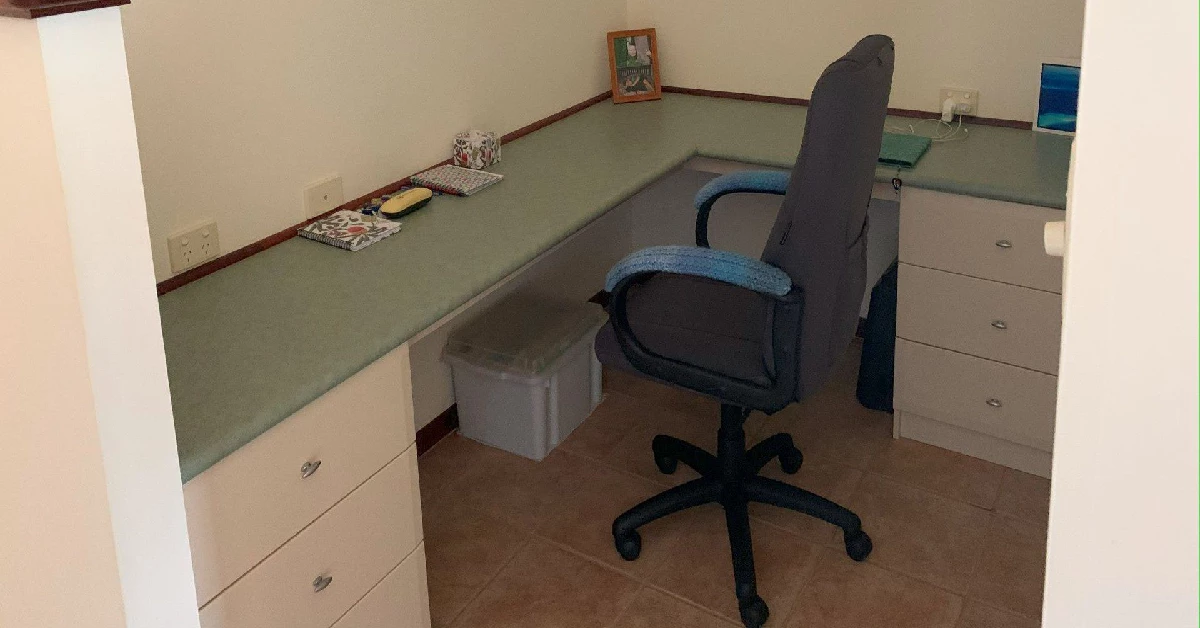How to Find a Quality Tender Writing Company
When someone calls us for help, they’re rarely relaxed. More often, they’re mid-panic because a major tender just dropped, and they can’t afford to lose it.
They’ve either tried to write it themselves in the past (and lost), or they’ve hired someone who talked a big game and delivered AI driven copy that read like it came from a template factory.
We’ve worked with dozens of clients in that exact spot. So, if you’re wondering how to find a good tender writer—and avoid the stress, losses, and internal fallout that come with a bad one—this article will give it to you straight.
Let’s start with what not to hire.
One client came to us after hiring a “writer” who delivered 90 pages of copy that looked fine at a glance if it had been written by an amateur: text dense and badly set out.
When we pulled apart the tender request and mapped it against what was submitted, about half the requirements had been ignored. It would have been deemed non-compliant, and wouldn’t have made it through the first-pass evaluation.
That client told us later: “I had submitted six tenders with this company, and didn’t win a single one. I couldn’t figure out why.”
They’re not alone. We’ve seen submissions that didn’t answer the criteria, word counts blown by 300%, recycled content from completely different industries, and copy with no measurable value or proof points.
Every one of these mistakes costs time, money, and internal reputation.
A good tender writer does more than “wordsmith.”
They:
- understand procurement rules and scoring,
- interpret the request document strategically,
- ask the right questions to extract commercial value,
- align the offer with what the buyer actually wants, and
- deliver writing that is not just compliant, but persuasive.
In short, they write to win.
We worked with one engineering client who had been losing tenders for over a year. They were sick of wasting time and getting no feedback.
After one project with us—where we overhauled their entire bid structure and tightened their responses to hit scoring criteria directly—they won a $3.6 million contract. That win gave them more than revenue. It gave them back their confidence.
If you’re looking to hire a tender writer, here’s what to ask:
- What’s your background in procurement? Tendering is about compliance and strategy. If they don’t know how buyers score, they won’t have the knowledge to write to win.
- Can you give examples of tenders you’ve worked on—industry, value, and outcome? Ask for specific experience. Someone who’s only written for grants won’t necessarily cut it in a high-stakes commercial bid.
- What’s your process? A professional will have a clear, repeatable approach. If they’re vague, be wary.
- Will you tailor the content to this specific bid? You’re not paying for copy-paste. You’re paying for strategic insight and commercial storytelling.
- How many tenders do you work on at the same time? Too-busy writers can’t possibly spend the time on yours that they need to.
- How many hours do you think will be involved in this one? Divide that figure by the quoted amount. That will tell you the level of expertise in the person writing the tender, by their hourly rate. You may also ask how many years have they been writing tenders. At Bidbuddy it takes around 4 years to train a good tender writer. Most companies only require 2 year’s experience.
- What’s your success rate? At Bidbuddy, ours is over 80% on large contracts. That’s not luck—it’s method.
For most of our clients, these contracts aren’t just “nice to have.” They’re critical. A win can double revenue. A loss can mean restructuring teams. That’s why finding the right writer isn’t a side task—it’s part of your growth strategy.
A good writer won’t just improve your chances. They’ll take the pressure off your team, reduce your risk of non-compliance, and help you walk into interviews knowing you’re on solid ground.
If you’ve had a bad experience before, you’re not alone. And you’re not the problem. The tendering space is full of generalist writers who don’t understand procurement, and consultants who overpromise.
Finding the right person means asking the right questions and trusting your instincts. If you feel like you’re doing most of the heavy lifting—stop. A good tender writer will make things easier, not harder.
If you’re in that crunch time right now, reach out. We’ll tell you straight whether we’re a fit—and if we’re not, we’ll point you to someone who is.

